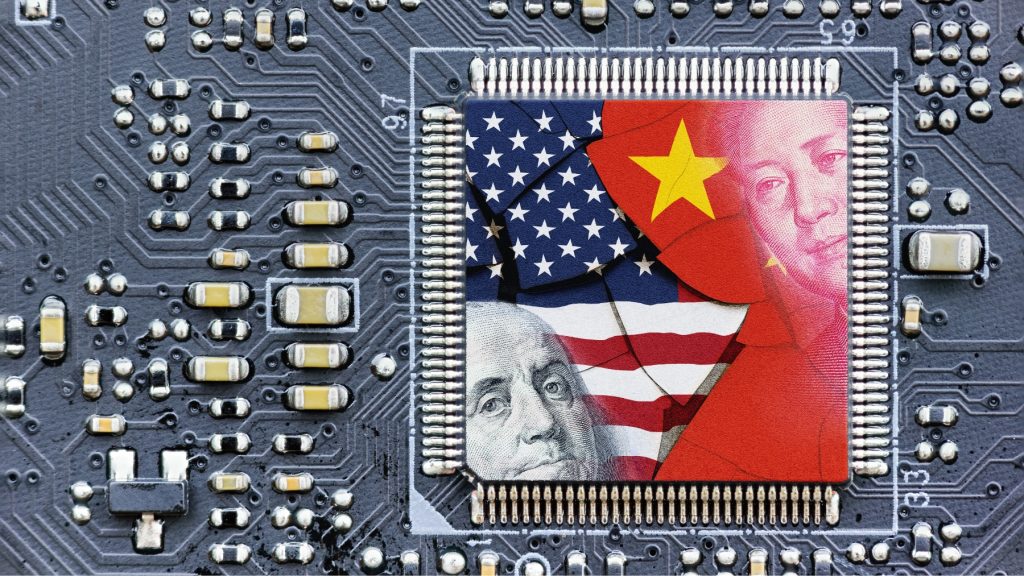
President Joe Biden’s strategic efforts in the semiconductor industry have yielded unexpected successes, especially when it comes to advanced semiconductors.
- President Biden implemented export controls aimed at restricting China’s access to advanced semiconductor chips and related equipment.
- The Netherlands and Japan, surprising allies, enthusiastically embraced these restrictions.
- In 2022, semiconductor sales reached a staggering $574 billion, underscoring the industry’s economic significance.
The Biden administration is reaping what it sowed following its effort to limit China’s access to advanced semiconductor chips through export controls, investment restrictions, and surprising cooperation from allies, according to Fortune.
The U.S. and China have been in fierce competition for a while now, with President Joe Biden’s strategy in the semiconductor industry yielding satisfactory results, garnering support from unexpected quarters, and potentially reshaping the technological landscape.
Biden initiated this high-stakes race by implementing export controls aimed at limiting China’s access to advanced semiconductor chips and the equipment necessary for their production. It is worth noting that these controls extended beyond the chips themselves to include critical tools such as ASML’s lithography machines. Surprisingly, the Netherlands and Japan, key allies, wholeheartedly embraced these restrictions, catching many experts off guard.
Kevin Klyman, a technology policy researcher at Harvard University, described this development as an “extraordinary success beyond anyone’s wildest dreams.”
The unexpected support from the Netherlands and Japan has bolstered the U.S. stance against China’s advanced semiconductor ambitions.
In August, President Biden further solidified his commitment to safeguarding American technological interests by signing an executive order banning U.S. investments in three critical Chinese technology sectors, including advanced semiconductors. This move, set to take effect next year, is poised to accelerate divestment from China in the private equity and venture capital sectors.
The ramifications extend beyond advanced semiconductors as it also affects China’s broader technology sector and has implications for the global economy. As China’s $18 trillion economy faces challenges, experts like Klyman believe that the chip war casts a long shadow on China’s technological aspirations.
In 2022, Semiconductor sales reached a staggering $574 billion, highlighting the industry’s economic significance. The U.S. is particularly concerned about chips used in future weapons systems and AI.
Jeffrey Ding, a political science professor at George Washington University, believes that AI can reshape the world economies. He said, “Historically, general-purpose technologies like AI, or electricity, have inspired waves of productivity growth, where one country can sustain economic growth at higher levels than another country and become the leading economic power.”
Both Ding and Klyman advocate investing in domestic education to nurture AI talent, as cultivating exceptional talent is the linchpin of technological advancement.
Inside Telecom provides you with an extensive list of content covering all aspects of the tech industry. Keep an eye on our Tech sections to stay informed and up-to-date with our daily articles.